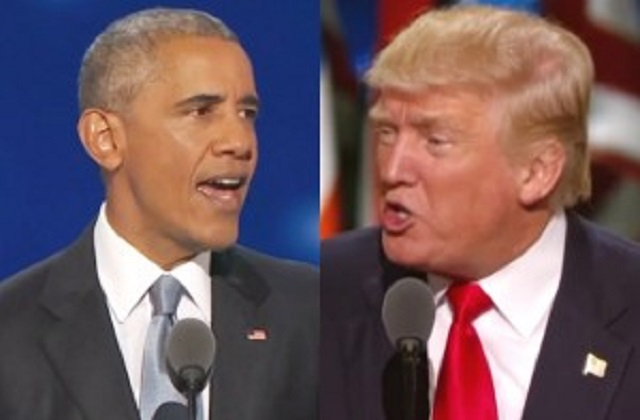
“An accusation of illegal wiretapping which would likely be criminal if a government official ordered it. Accusing someone of a crime is actionable as libel,” Richard Painter, who served as President George W. Bush‘s ethics lawyer told LawNewz.com.
According to the U.S. Supreme Court case The New York Times v. Sullivan, the actual malice standard, which is necessary to establish libel against public figures like Obama, requires that the publisher of a false statement (Trump) knew that the statement was false — or acted in reckless disregard of its truth or falsity.
“Malice and reckless disregard for the truth. That is the NYT v. Sullivan standard. Clearly met,” Painter contends.
However, it can get murky. An Alabama Court of Civil Appeals ruled the failure to investigate the truth behind a rumor isn’t enough to prove actual malice.
The question is whether Donald Trump knew what he was saying was false — which could be difficult to prove or that he had “serious doubts” about the “wiretapping” claim’s veracity. Perhaps, Trump could show a jury that he really believed what he was saying was true, but that seems unlikely — given the fact that so far, he hasn’t been able to provide any evidence to back up his claims.